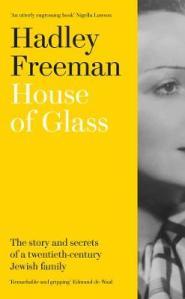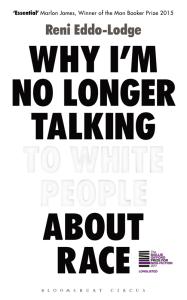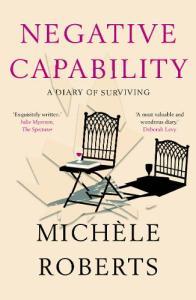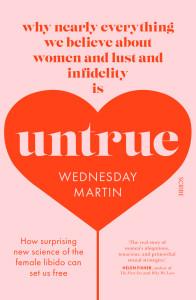As we haul ourselves towards the end of the January that makes other Januarys look good, I’ve had to remind myself that while I don’t have people to see or places to go, I do have a blog to run. I didn’t read much non-fiction in 2020 so this pick of the titles that resonated with me most (and the reasons) is a short one but it includes my overall favorite book of the year.
1. HOUSE OF GLASS – Hadley Freeman (Harper Collins, 2020)
My Book of 2020: a moving family memoir that is also a fascinating piece of European history, with the beauty of expression and narrative arcs of a first-class literary novel. I mean, wow, any one of those is hard to pull off! After the death of her French grandmother, journalist Hadley Freeman was inspired by her keepsakes to find out more about Sala’s life and those of her three brothers and the revelations cut deep. This book has such richness and texture, linked to place, faith, culture, right down to the fabric of both haute couture and everyday life. I listened to the audiobook narrated by the author on my walks during the first lockdown and was so emotionally invested in the characters’ fates that I often remember them when I tread the precise stretches where, as it feels to me, they came back to life.
2. WHY I’M NO LONGER TALKING TO WHITE PEOPLE ABOUT RACE – Reni Eddo-Lodge (Bloomsbury Circus 2017)
This is one of the rare books read by all four members of my family and we are much the wiser for it. I think most white people would learn something important from what’s become the Go To title, if only that it’s not just those who are actively, openly and wilfully Racist who play a part in perpetuating structural racism, discrimination and inequality. A decade on social media has made me realize that attitudes of my own which I genuinely considered inclusive or anti-racist were not, but rather a reflection of my white privilege and ignorance or (cutting myself a break) lack of exposure to the perspectives of those whose lives are affected daily by racism in its different forms and contexts – and here they are. Lots of good books change the way people think; this one has the potential to do more than that.
3. NEGATIVE CAPABILITY – Michèle Roberts (Sandstone Press, 2020)
The Anglo-French author Michèle Roberts is an inspiration to me, both as a writer and as a woman; nobody whose workshops I’ve attended has left a deeper impression. Her memoir would have caught my attention anyway because it deals very openly with a harsh reality that Voula Tsoflias and I flag up in our Resilience for Writers work: that even very experienced and successful authors are susceptible to setbacks at any point in their career. This book catalogues a year dominated by the pain of rejection, split between London and Michèle’s home in France. She writes with moving honesty about this and the other vagaries – financial, for example – of the writing life, but also of her personal life, and joys and sorrows large and small. This book is a generous gift to writers or anyone missing France – you will be able to taste it.
4. UNTRUE – Wednesday Martin (Scribe, 2018)
Female sexuality is a big interest of mine and I’ve read a lot of non-fiction and research on the subject. I was drawn to this book at the popular, accessible end of the scale because it takes on a particular bête noire: sexual double standards, well illustrated by the author’s focus on monogamy and infidelity and clichés like ‘men stray, women stay’. She has a background in anthropology and challenges deeply engrained perceptions in industrialised Western culture concerning female sexuality, desire and behavior and how these are viewed – and judged – in relation to men’s. We all know who usually comes out on top in that equation but the true picture, both from societies with other moral codes and from American women willing to speak off the record and without social stigma, appears different. I found this an interesting and revealing overview, drawing on lots of related research. I was less keen on the incongruous ‘tall, vivacious blonde with red lipstick’ descriptions of the academics, and however relevant to the question as framed, the endless references to men began to grate after a while. I perked up whenever Lisa Diamond’s ground-breaking Sexual Fluidity (Harvard University Press, 2008) was mentioned; I’m reading this fascinating account of her research findings at the moment and it explains a lot.
Have you read any of these or any other good non-fiction lately? If you missed it, my Books of 2020 (Fiction) post is here.
* POSTSCRIPT*
As I wrote this post (getting time at a desk is half the battle) my enthusiasm for the blog began to return. I’m planning pieces on my discovery of Headspace and meditation (sceptical beginner turns convert); why writing my new novel Scent was such a different experience to writing my debut, and to welcome Neema Shah, author of superb debut Kololo Hill to the Sofa with a Writers on Location on Uganda. I’ll also be doing another fiction round-up in the first half of February – there are some fantastic new novels coming out.





